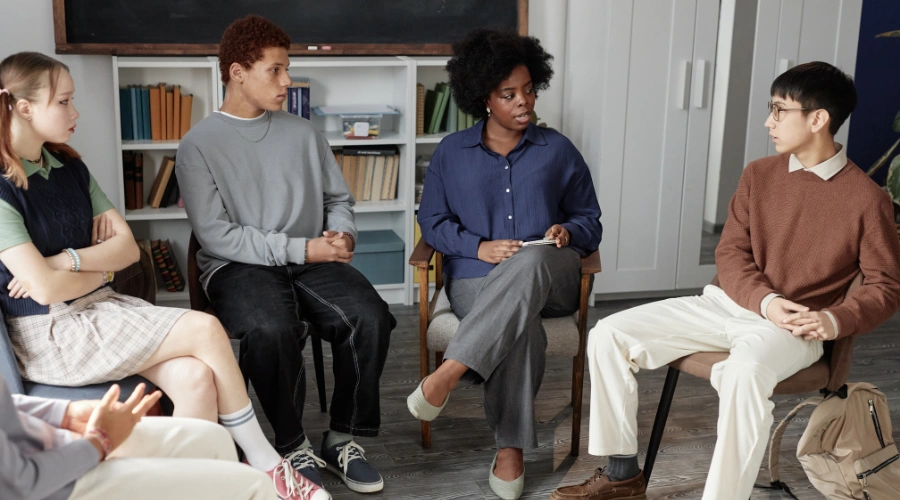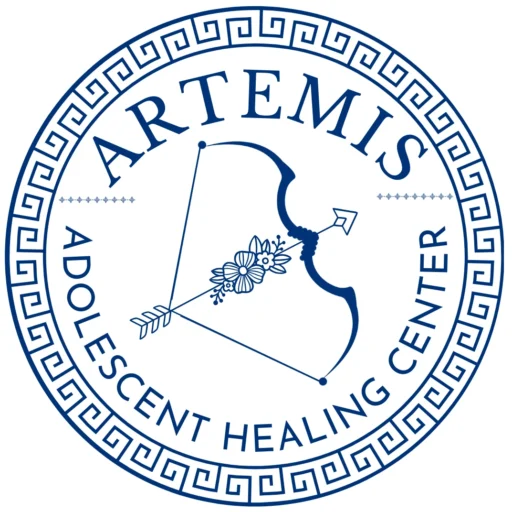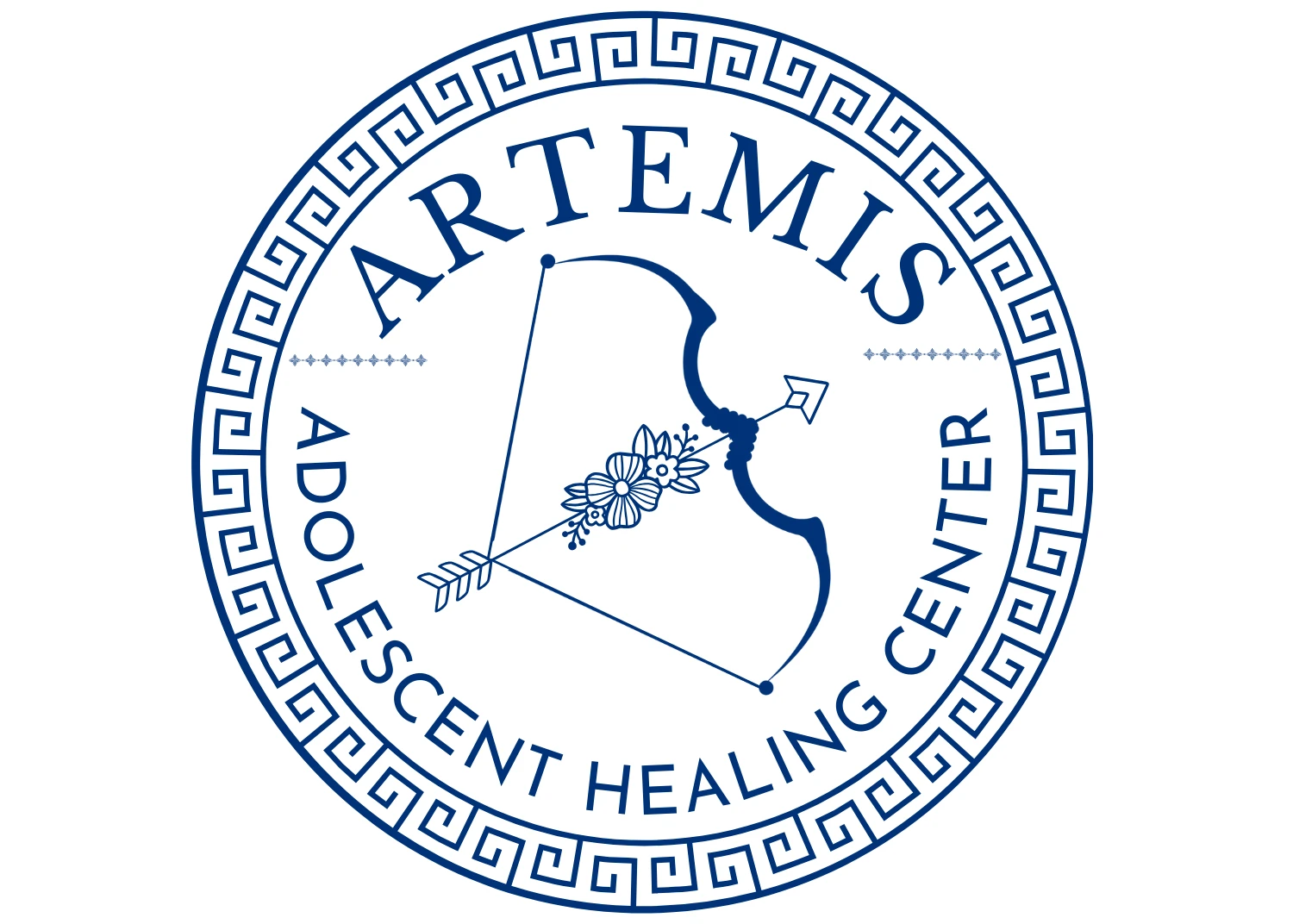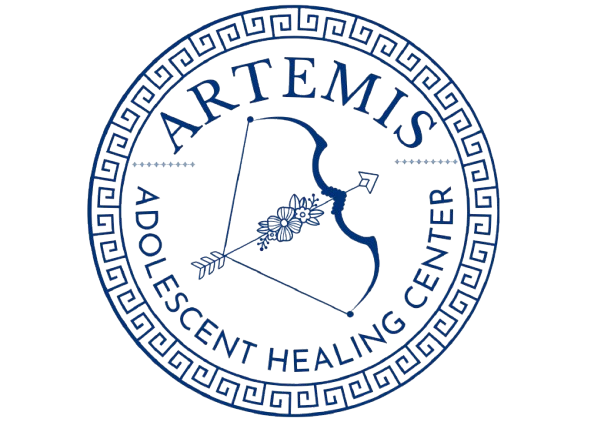Support to Help Teens And Adolescents Gain Life Skills and Thrive
Watching your child go from a toddler to a teen, then to a young adult, is bittersweet. By the time they enter their late teens, you might think that they’d be taking more steps toward independence.
Most teens are trying to get their driver’s license, pursue higher education, or find their first job – but not your son or daughter. It seems like your child is avoiding adulthood, and the more you push, the more resistance you face.
Failure to launch syndrome isn’t a diagnosis, but a term used to describe teens who don’t show those signs of independence as they age toward adulthood. This leaves them unconfident and unprepared for the real world, but Artemis Adolescent Healing Center can help.
Our Failure to Launch programs for teens have helped many young people build the skills that they need to take on the world with confidence.
Get Effective Detox and Rehab Options at Artemis
How Does a Child Develop Failure to Launch Syndrome?
Failure to launch isn’t something that suddenly happens one day. It builds slowly over time, usually the result of psychological, emotional, and environmental factors. Sometimes, it’s the result of mental health challenges like depression, anxiety, or neurodivergence.
It can also happen because your teen is overly dependent on their guardian or parent. Parents who dote on their children and do everything for them don’t give them room to grow. This stops teens from developing the coping mechanisms or life skills necessary for handling the ups and downs young adults typically face.
Signs Your Teen is Struggling to Transition into an Adult
Even before your teen enters their adult years, you might notice signs he or she is not in the same place as their peers. They might avoid responsibilities or lack clear direction regarding school or their life path.
Your teen might also miss milestones or fail to meet basic expectations, from getting their driver’s license to practicing basic hygiene. They might not manage money well and exhibit behaviors like emotional withdrawal, isolating from family and friends, and spending all their time online or on video games. When young adults have no interest in learning these things, it might be time to consider professional help.
How Mental Health Contributes to Launch Failure
When your teen deals with internal struggles from untreated ADHD, depression, anxiety, mood disorders, or trauma, it can make the future feel hopeless.
They might not have aspirations or interest in the future because they don’t see a future where they aren’t struggling. It’s possible your teen is too wrapped up in managing their day-to-day life to consider what the next steps are.
As they grow into a young adult, untreated mental health problems start to snowball without help. They might feel pressure to make adult decisions, but lack the confidence to take steps forward.
Our Failure to Launch Therapy Program

Artemis Adolescent Healing Center offers a Failure to Launch Program especially for young adults who aren’t taking those important steps toward adulthood. It’s a type of “shaping” program that deals with underlying problems, while helping young adults learn the skills they need to thrive.
We use a holistic approach that teaches a solid foundation and life skills, while also addressing any underlying issues that might contribute to your teen’s struggles. This is done in a safe environment where young adults feel supported, not judged.
What to Expect During Failure to Launch Treatment
Artemis uses a personalized approach, because not every young person who walks into our facility is the same. Some are dealing with mental health challenges, while others may not have been given room to be independent and grow.
Treatment always starts with an assessment, meant to identify underlying issues and areas where your teen struggles most. From there, we come up with an individualized treatment plan offering your young person a clear path to success. Let’s take a look at some common elements that might be used during failure to launch treatment.
Addressing Underlying Issues
Young adults can’t take strides forward until they understand what is holding them back. Treatment at Artemis starts with an evaluation to determine your child’s needs, whether they are struggling with executive dysfunction because of neurodivergence or just haven’t learned the skills they need to strive.
Our staff are familiar with the many causes of failure to launch, as well as the practical skills and therapeutic support needed to overcome them. This is done in a structured environment that encourages your teen to build healthy habits for the future.
Get Accredited Treatment Programs at Artemis
Individual Therapy
During one-on-one sessions, young adults start to understand why they aren’t motivated to succeed or show signs of independence. They’ll find a safe space with our adolescent therapists, encouraging them to talk freely about mental health challenges, fears, or pressures at home or school.
From here, they’ll work with their therapist to learn how to cope with these fears, pressures, and challenges. They’ll build confidence in their ability to problem solve and cope with difficult emotions, developing tools that benefit your teen going forward. With these building blocks, your teen can see a clear path to positive change.
Group Therapy

Social skills are something that the average young adult struggling with failure to launch is lacking. They might not feel that they fit in with peers or don’t connect well with others. This can make them feel like they are alone in facing their problems and can cause problems in the workplace once they enter adult life.
During group therapy, your teen works to build connections with their peer group and develop interpersonal skills. Groups are run by an adolescent expert and cover topics like communication, healthy relationships, goal setting, emotional regulation, and overcoming negative thinking. Young adults can talk through their problems among people who understand.
Life Skills Training
Many young adults who have failure to launch syndrome haven’t practiced life skills that are important in the real world. They don’t know how to manage money, cook healthy meals, apply for jobs, or even handle day-to-day responsibilities. At Artemis, we work hard to make sure young adults don’t feel judged for not knowing these skills, and we help them learn.
We do more than just tell teens what they need to know going forward. We break essential life skills down into smaller, easier-to-accomplish building blocks. Together, these building blocks are the foundation that young adults can build an independent, sustainable life on.
Building Confidence
Putting more pressure on your teen, especially if they are showing signs of failure to launch, ultimately sets them up for failure. They already lack the confidence to put real-world skills to the test and if they fail, they’re less willing to try again in the future. It’s a vicious cycle that can only be interrupted through small wins and building confidence.
At Artemis, we walk young adults through life skills, step-by-step. By setting achievable goals and challenges, offering supportive feedback, and relieving pressure, your teen starts to feel confident in themselves and what they can achieve. It reinforces that they are capable of being independent and achieving more, as long as they keep moving forward.
Family Involvement
Healing often starts at home. Many young adults benefit from family involvement during treatment, through family therapy, education, and coaching sessions. It’s a great way to support young adults with failure to thrive.
Even if you desperately want to encourage your young person, doing too much for them gets in the way of them learning. Family coaching gives you a chance to be involved and offer support, without doing so much that they can’t become independent.
Ongoing Support

Our program is a great place for any young person with failure to launch to develop essential life skills that they need going forward. But, our interest in your teen’s recovery doesn’t stop when they leave our facility.
Sometimes, ongoing support looks like step-down care and family check-ins to ensure your teen is using their life skills training. If they need continued treatment for mental health disorders, we can make referrals for therapeutic support in your local area. And, as an alumni, your teen will be able to reach out (and get help) any time they are struggling.
Up To 100% of Rehab Costs Covered By Insurance
Find the Support Your Teen Needs to Thrive at Artemis
When a young adult has failure to launch, no amount of begging, bribery, or ultimatums are going to help your child build a sustainable future. The best thing that parents can do is support their child moving forward.
Sometimes, this looks like enrolling them in a Failure to Launch Program like the one we offer at Artemis Adolescent Healing Center.
Young adults fail to launch for many reasons and treatment starts with understanding the “why”. From here, things like essential life skills training, mental health treatment, and developing building blocks like interpersonal skills and confidence are going to improve your teen’s outlook going forward.
Call us to talk confidentially about your teen’s personalized path to healing today.






